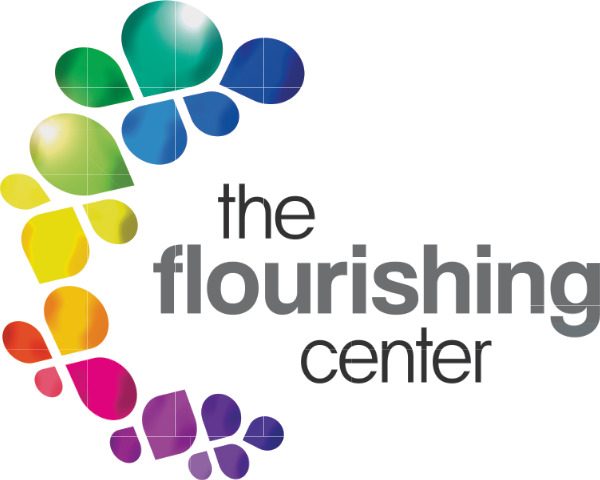Application of Positive Psychology During Times of Crisis
In this interview with Lewis Schiff Emiliya talks about how leaders can communicate well during times of crisis. This interview covers:
- Basic neuroscience that helps us understand the way the brain reacts to stress.
- Strategies for leaders to use this knowledge to help their teams engage in thoughtful action and effective problem solving.
In this interview Emiliya also addresses key questions from the audience, including:
How can we communicate well with others during crisis?
- Stress impacts the brain in a way that influences how we communicate. Before communicating, we must slow down and calm and center ourselves.
- Once we are calm, we can communicate and problem solve using the rational part of the brain and help others do so as well.
What can leaders do to communicate well with their teams?
- One of the most important functions of leaders is to help those they lead be calm.
- Communication should aim to build trust. Leaders don’t need to pretend to know all the answers, it’s enough just to show up, be authentic and listen to others.
- In times of crisis people have a lot of worries, whether they’ll have a job, housing etc. We might not know what’s going on in people’s minds, but if we calm ourselves we can show up in a way that communicates stability to them.
How can we help employees self-soothe and calm down?
- Listening is the key to leadership. When we listen we take the time needed and ask, “what’s coming up for you now?” “What do you need?” We need to speak to their nervous systems to help them calm down.
- It’s also helpful to add in positivity and appreciate people. Appreciate the team. What successes have been had up until now? What has the team done well so far? Take time to feel gratitude and share it.
What can we do for younger employees who may not have ever lived through a crisis like this one?
- Younger people and young adults may have fewer resilience skills, especially those who haven’t lived through a crisis. They might need more details to back up how we know that we’ll get through this.
- Reflect on what’s positive to help soothe worries.
What about men and women? Should we be talking differently to them?
- Though all people have both masculine and feminine energies to some extent, there are biological differences in how men and women respond to stress.
- Women often respond to stress in a “tend and befriend” fashion. Their nervous systems become calm when they come together, engage and comfort. Men often need to take more time to themselves.
- It’s more important to listen to people than to talk to them.
For those running a management team, what can be done to help managers spread leadership?
- It’s helpful to ground and center ourselves, asking “how do I want to handle this?” “How do I want to lead?” We can ask the question of what would be helpful to support the team in leading.
- Listening is extremely effective in helping people soothe and calm the nervous system.
- Remember the importance of empowering others. This can have a soothing effect for management and those in the organization.
What about the modality of communication? Does it matter whether we communicate via email or face-to-face?
- During times of crisis it can be helpful to communicate face-to-face whenever possible. Additional details can be added in an email, but in general, when emotions are on high alert it’s easy to misinterpret tones and intentions.
- Technology can bring people together face-to-face even when they’re working separately.
What can we do as leaders of organizations whose teams have moved online to keep good communication going?
- Sometimes crises can make an organization stronger. Look for ways to build rapport and connection.
- Bring people together for a water cooler conversation online, get people into groups, or have them partner up online during their normal work day. Organize a team meeting online where people can do a quick check in. What are they grateful for or celebrating?
- Keep ritual and create cohesion among groups to help people stick together. Doing the same thing at the same time even when we’re not together is a way to create a feeling of shared experience.
How can we handle people that are negative or bring up a pandora’s box of fears?
- Ask people a specific question, or create a container around the question. Let people know what to expect. Ask people what strengths they have been calling upon, etc.
- Leaders can ask themselves, what do I want to get from asking these questions? What is the outcome I want to have?
What can the leadership of the country do right now?
- When people don’t know what to believe in it keeps their stress levels high. Mixed information and facts without backup make fear worse.
- Spend time explaining the message and the facts. Do the due diligence and give your sources so that people know that they can trust you. Start with facts and make sure what you’re saying is accurate. What you don’t know you don’t know and that’s ok. This can help people cultivate trust.
